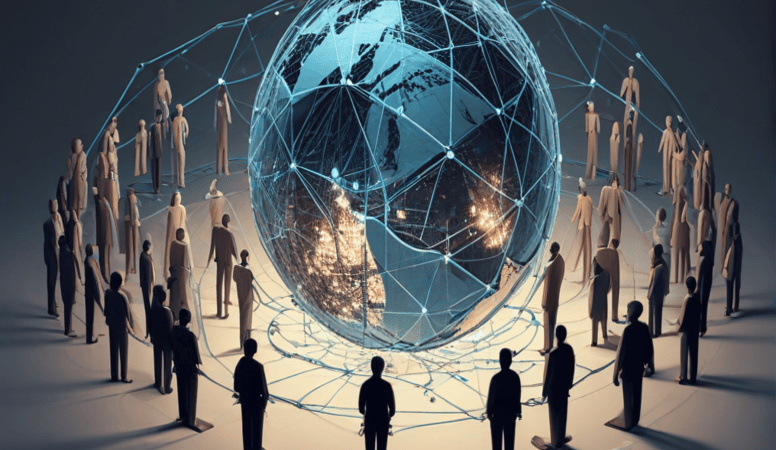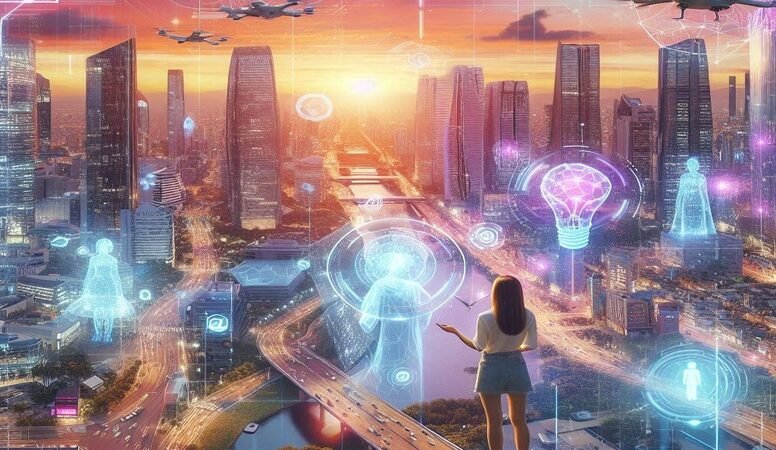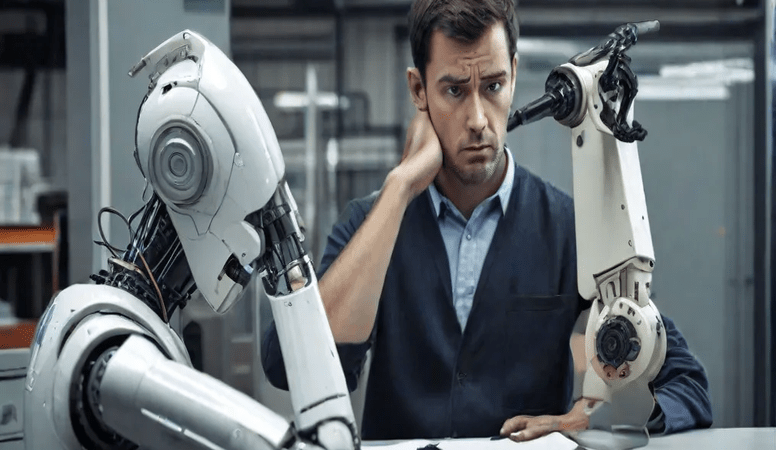Artificial Intelligence (AI) is changing many aspects of our lives, from healthcare to entertainment. But can AI play a role in spirituality? Surprisingly, the answer is yes. AI is helping people connect with their faith, practice meditation, and find spiritual guidance in new and innovative ways. In this blog, we will explore how AI is being used in spirituality, along with some real-life examples.
AI-Powered Meditation and Mindfulness Apps
One of the most popular ways AI is influencing spirituality is through meditation and mindfulness apps. These apps use AI to analyze user behavior and provide personalized meditation sessions.
Example: Apps like Calm and Headspace use AI to suggest meditation techniques based on your mood, stress levels, and previous sessions. AI-powered chatbots in these apps can even give real-time guidance, helping users stay focused during their practice.
Another advanced example is Muse, a headband that uses AI and brain-sensing technology to guide meditation. It provides real-time feedback based on brain activity, helping users achieve deeper relaxation.
AI Chatbots as Spiritual Guides
Many people seek spiritual guidance, but not everyone has access to a mentor or religious leader. AI chatbots are now filling this gap by providing religious and spiritual advice.
Example: The Siddhartha chatbot is designed to share the teachings of Buddha with users. Similarly, Christian chatbots like Bible AI help users understand Bible verses and suggest prayers based on their concerns.
AI chatbots are also used in Hinduism and Islam. For example, some AI tools can suggest appropriate verses from the Bhagavad Gita or Quran based on the user’s situation.
AI-Generated Religious Texts and Sermons
AI can analyze vast amounts of religious texts and generate sermons or explanations based on user queries.
Example: OpenAI’s GPT models have been used to generate explanations of religious concepts. Pastors and priests can use AI to create sermon outlines, making it easier to deliver meaningful messages to their followers.
AI is also being used in Hindu temples, where it can suggest appropriate mantras based on a devotee’s needs. Some temples even use AI-powered robots to recite prayers and hymns.
AI in Religious Art and Music
AI is also contributing to religious and spiritual creativity by composing music and generating spiritual artwork.
Example: Google’s AI-powered DeepDream can create stunning spiritual artwork inspired by religious symbols. Similarly, AI music composers have been used to generate chants and hymns that create a peaceful atmosphere for prayer and meditation.
AI for Predicting Religious Festivals and Rituals
AI is being used to predict the best times for religious festivals and rituals based on astrology, planetary movements, and historical data.
Example: In Hinduism, AI is helping astrologers analyze planetary positions to determine auspicious dates for important events like weddings and religious ceremonies. In Islam, AI is being used to predict the sighting of the moon for Ramadan and Eid celebrations.
Ethical Concerns of AI in Spirituality
While AI brings many benefits, there are also concerns about its role in spirituality. Some people worry that AI might misinterpret religious teachings or lack the human wisdom needed for spiritual guidance. Others believe that spirituality is a deeply personal and divine experience that cannot be replicated by machines.
Despite these concerns, AI is proving to be a useful tool in enhancing spiritual practices rather than replacing them. It can provide knowledge, reminders, and guidance, but the true spiritual journey still depends on human experience and faith.
Conclusion
AI is revolutionizing spirituality in many ways, from meditation apps and chatbots to religious sermons and music. While AI cannot replace personal faith or divine experiences, it can be a helpful companion in one’s spiritual journey. As technology continues to evolve, AI’s role in spirituality is likely to grow, offering new ways to connect with faith and inner peace.








